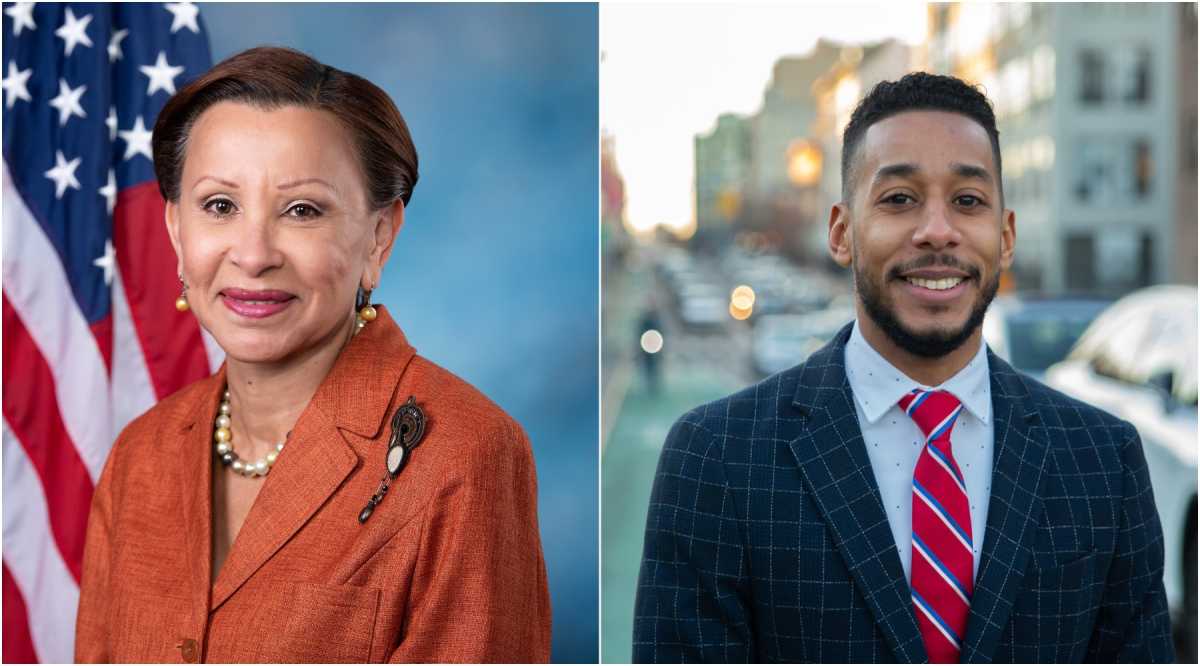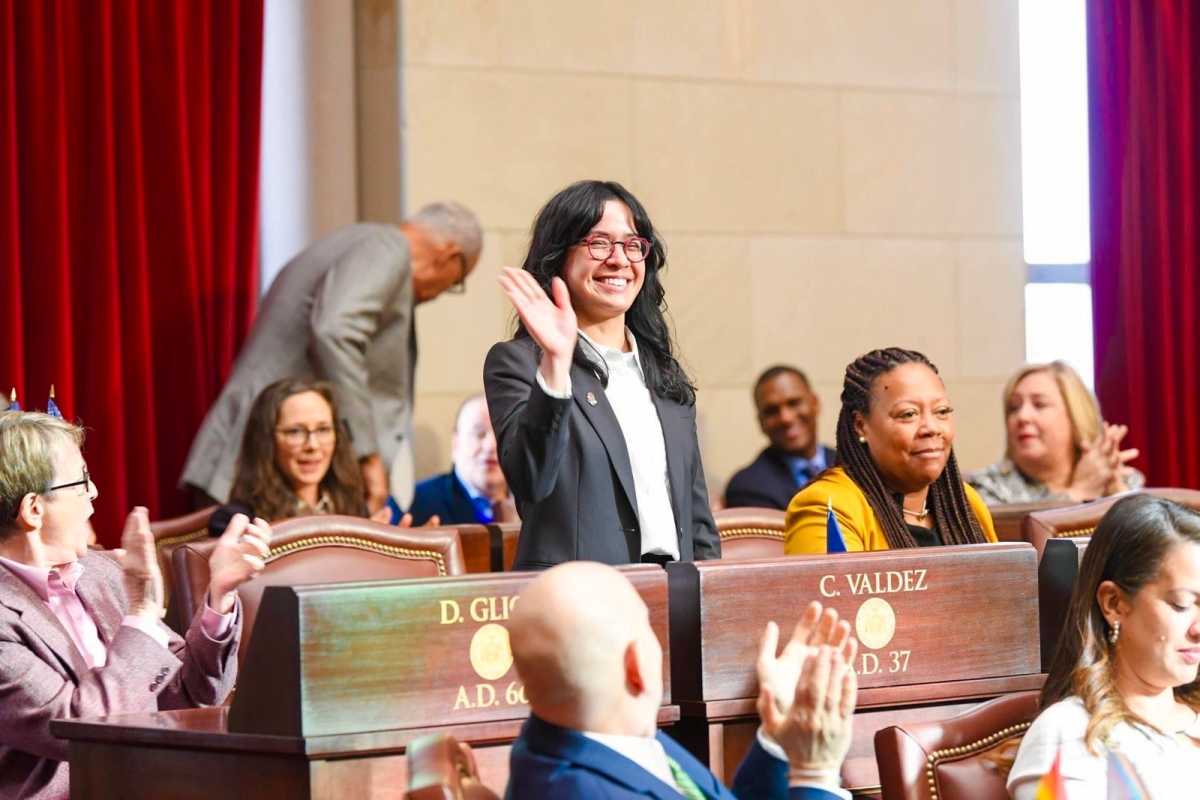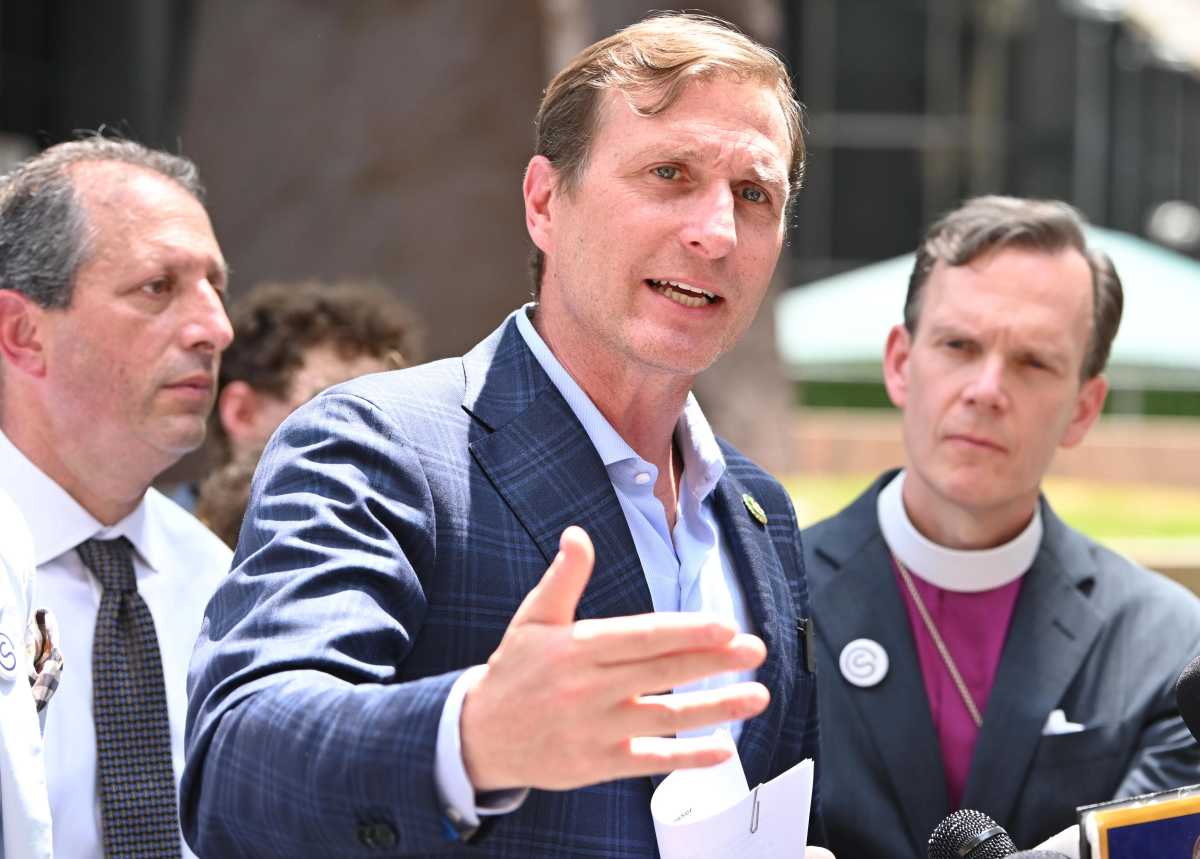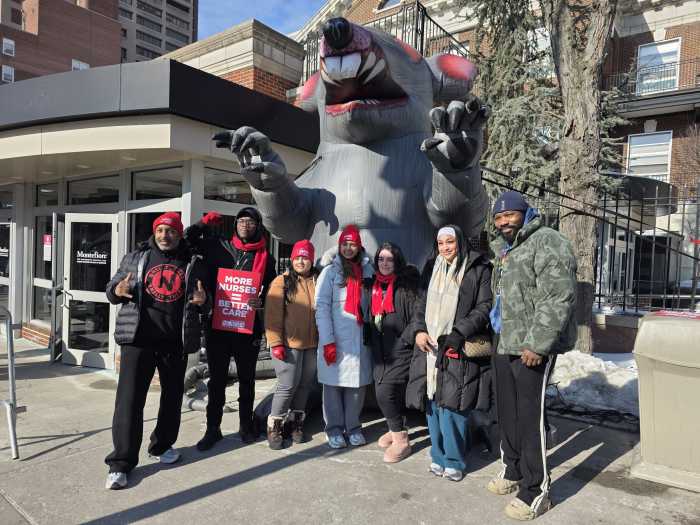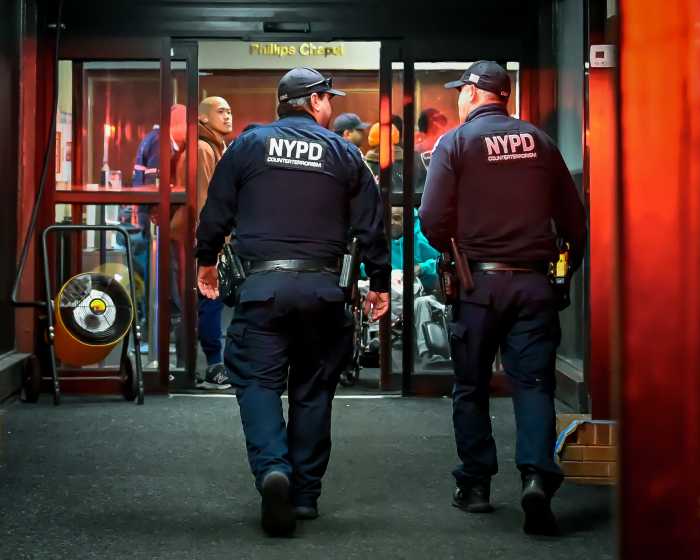A battle is brewing between progressive and mainstream Democrats.
That after Assemblymember and Assistant Assembly Speaker Felix W. Ortiz (D-Sunset Park, Red Hook) officially threw his hat in the ring to challenge incumbent City Councilmember Carlos Menchaca (D-Sunset Park, Red Hook) in the Sept. 12 Primary.
Menchaca, a protegé of Congresswoman Nydia Velazquez, is a darling to progressive Democrats such as City Councilmember Brad Lander (D-Park Slope, Windsor Terrace, Kensington), who run strongly to the left along partisan ideological lines.
Ortiz is both a U.S. Army veteran and a 23-year Assembly member. While staunchly a Democrat, he has shown the ability of working across party lines to get things done. For example, he successfully authored ground-breaking pieces of legislation such as the country’s first law banning the use of hand-held cell phones while driving, and subsequently another law banning texting while driving.
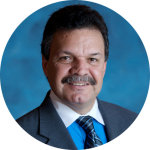
“We are all humankind, and I think it’s important that these people, who sometimes don’t trust government or don’t believe in government, that they’ll at least have someone that will continue to have a voice,” said Ortiz on his decision to challenge Menchaca.
“I would like to know what [Menchaca]was done, because I haven’t seen anything done. What I’ve been seeing is more division, lack of leadership, lack of experience, and lack of knowledge. When we talk about job creation, when we talk about energizing people so they can have a different living. When we’re trying to find ways to build low-income affordable housing, I think there has been a lack of real commitment, and I’m not talking about the lack of advocacy,” he added.
Ortiz said people in the political world can talk the nice talk, but when it’s time for action, sometimes people don’t want to take on the unpopular issues, to tackle them. He also says that through his many years in office he’s been able to build up a track record in which constituents trust him.
“Eighty-five percent of the complaints and issues that come through my office happen to be issues that the city council should address. Like a pothole, or a light is off, or a sanitation ticket. Constituents, when they come to your office they want you to help them, they don’t want you to send them back to an agency, an agency they just came from,” said Ortiz.
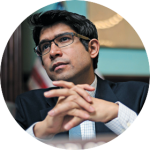
While Ortiz is more of a legislator than an activist, he also notes at the state level he has been involved in a lot of actions in order to address the immigrant communities, specifically those in the country with no papers and were undocumented.
“I was the first legislator in the country to introduce legislation allowing undocumented folks to have a driver’s license. And also to open checking accounts in the bank,” said Ortiz, adding the state also allocated jobs funding to ensure that undocumented folks who had issues with immigration will have legal assistance.
Ortiz additionally pointed out that Sunset Park is one of the few communities that still has a fairly large manufacturing base, and one of the first issues he took on when elected in 1995, were the injustices surrounding the sweatshops in Sunset Park.
“Most of the people who work in the sweatshop industry happen to be immigrants from Asia as well as South and Central America,” said Ortiz. “We created a task force to deal with these particular issues, to ensure that these people would be able to be heard by the Department of Labor and the Department of Compensation. We were very successful securing money that was owed to these immigrants and also to help them to get the help that they needed in order for them to continue to work, and to continue to work in other areas.”
Another immigrant-related issue that Ortiz wants to take on if elected to the city council is to ensure that city schools will have guidance counsel teachers that speak, not just Mandarin, Cantonese, and Fuzhounese but also that will speak Spanish dialects.
“We have some kids that speak Mexican dialects that no one speaks over here, and they don’t have professionals in the schools that are able to speak that particular dialect,” he said.
Ortiz also stressed the importance of working the channels of government in helping undocumented immigrants.
“I have access to folks in the federal government, from organizations, from the agencies, that I can bring down to ensure that we will be able to address any needs that they might have,” said Ortiz.
“Ninety-nine point nine percent of that you can do and you will do, is based on relationships. When you understand government, and you’ve spent time in office, it makes your life easier to get things done, especially coming into the city council with open knowledge and the relationships you have with the Republicans and Democrats and everybody else there.”
Stephen Witt contributed to the writing of this story.




